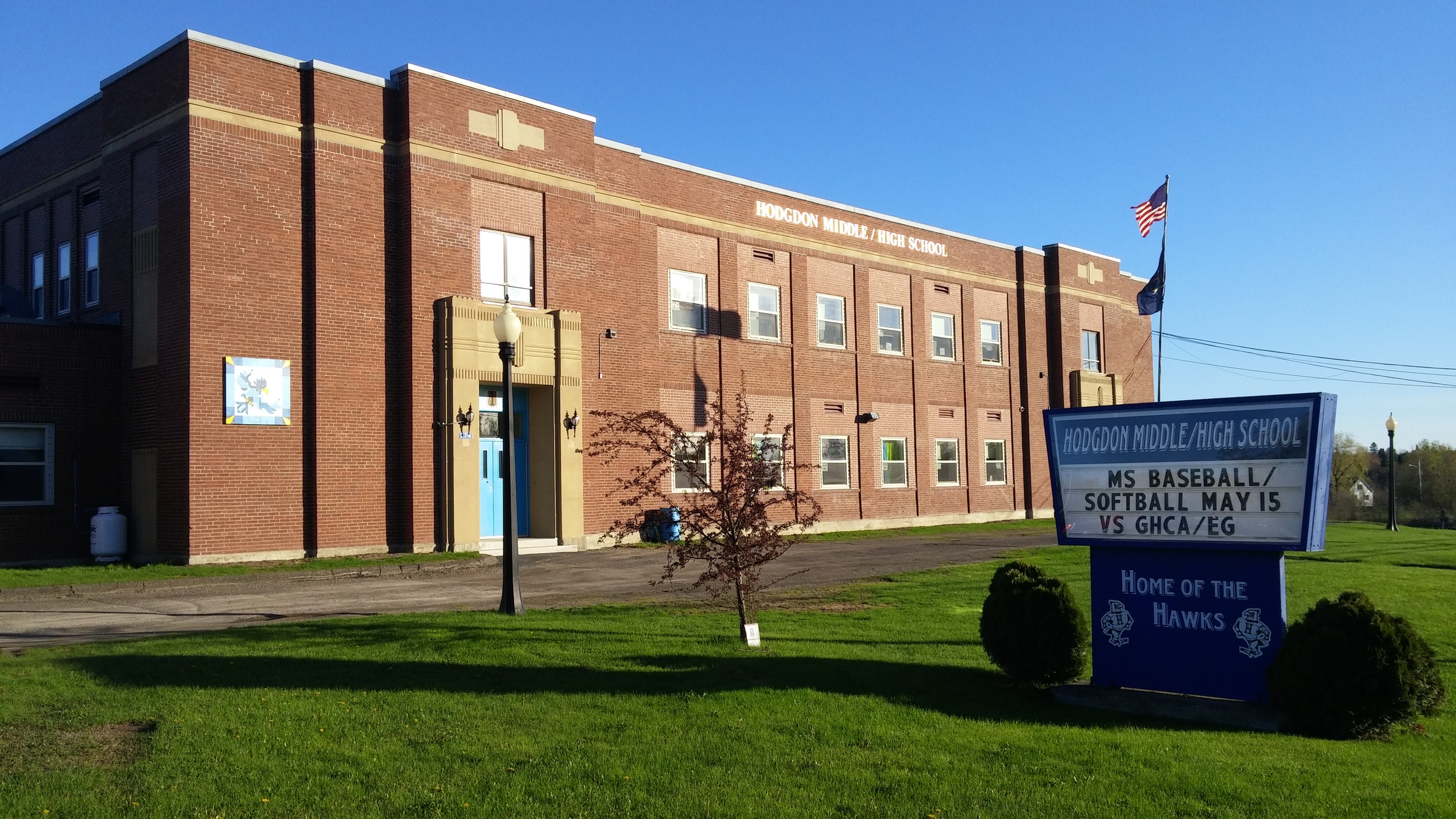HODGDON, Maine — Voters in five of the six communities that make up SAD 70 showed their overwhelming support July 14 for a $7.1 million budget for the 2020-21 school year.
But one community had no vote at all.
“One of our towns reported they forgot to put out the ballots in their town. We had a meeting with our legal counsel. It was an honest mistake,” SAD 70 Superintendent Steven Fitzpatrick said.
Haynesville residents were not able to cast ballots on the school spending plan because of the error, Fitzpatrick said.
SAD 70 comprises Hodgdon, Amity, Haynesville, Linneus, Ludlow and New Limerick. Cary Plantation, which officially de-organized in July 2019, tuitions its students to the district, but is no longer a voting member in the district.
The 2020-21 school budget in the amount of $7,123,407 passed by a vote of 484 in favor and 80 opposed. The spending plan is an increase of $486,917 over the current fiscal year, but because of an increase in state revenues, the actual impact to taxpayers should be less.
Fitzpatrick said Haynesville had just 15 residents cast ballots in the state primary election July 14. Even if all of the approximately 100 registered voters in the community had cast ballots and rejected the school budget, it still would have passed by a large margin.
“The total number of voters in that town does not supersede the positive votes in the validation referendum,” Fitzpatrick said.
The district will receive $3,425,742 in state subsidy, which represents an increase of $215,517 over the current budget. In order to receive those funds, the district must raise $1,917,081 for its local share of the budget from taxpayers. That figure is up $28,562.
Because the district is spending above what the state says it should be for essential programs and services, residents must also contribute $471,518 in additional local funds to help balance the budget. That amount is down over the current year by $44,930.
SAD 70 plans to use a carryover — money budgeted in 2019-20 that was not spent — of $675,000 to help mitigate the overall impact to taxpayers.








